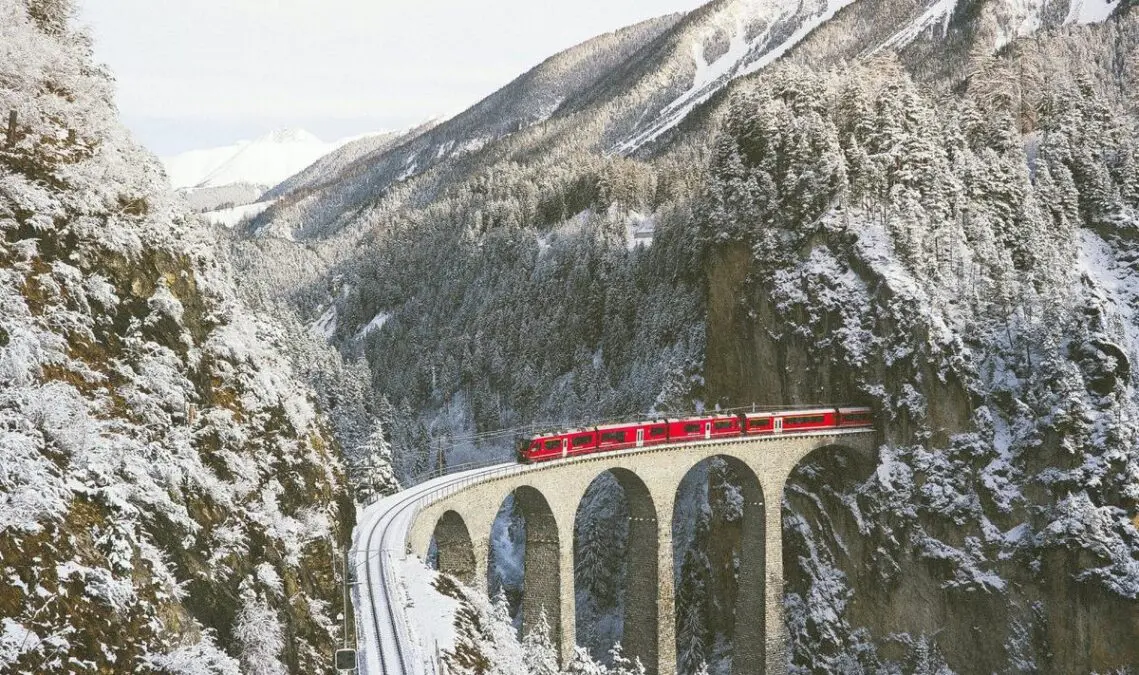Quiet, clean and prosperous Switzerland with its idyllic landscapes and personalized chocolate has repeatedly topped the ranking of the happiest countries in the world. The locals go skiing almost in infancy, eat healthy foods and equally respect the rights of people and animals. How the Swiss came to such a life and is everything perfect in Wonderland, the portal “Subtleties of Tourism” tells.
1. Accuracy and punctuality
More than half of the Swiss speak dialects of the German language, and they also borrowed some features of the mentality from their punctual neighbors. It is not customary here to be late either for business meetings or for friendly parties, and the speed limit on the roads is observed with maniacal accuracy: if there is a limit of 60 km / h on the sign, then you need to drive at a speed of 59 km / h – no more, but not smaller.
And don’t even try to put the garbage bag outside at 6:50 instead of 7:00 – the neighbors will be very outraged!
2. Scheduled laundry
The private life of the Swiss is subordinated to the interests of society, and even such a personal matter as washing is consistent with others. In the basements and attics of the houses there are shared laundries, and the use of washing machines should be scheduled, reserving your day in advance. Before leaving, you need to wash everything and leave it clean – so as not to get out of the schedule and not to annoy the neighbors. It is believed that such a strict regulation helps to save water and electricity.
3. Home bomb shelters
Switzerland is one of the ten safest countries in the world, and there is a solution even in the event of a nuclear war: bomb shelters equipped in houses can accommodate the entire population of the country. Previously, such shelters were built in every residential building, and although this norm was abolished long ago, there are now 300,000 private and 5,000 public bunkers in Switzerland.
These are rooms protected by powerful reinforced concrete blocks up to 30 cm thick. Inside there is an autonomous ventilation system, as well as a supply of water, food and medicine. If something happens, every Swiss knows where to run: usually the entrance to the bomb shelter is located in the basement, next to the laundry.
4. Restraint
The Swiss are quiet and cautious people who prefer not to let strangers into their personal space. They will not share the details of their biography at the first meeting and do not expect stories about the family and children from their interlocutors. Private and work life are clearly separated, all conversations at work are reduced to a discussion of professional issues.
5. Cleanliness and order
The Swiss have brought the pan-European tradition of waste sorting to perfection, to put it mildly. Not only do they practice separate collection of glass, paper, plastic and organics – there are even containers for fish bones, containers for jars of cream and coffee cups. Paper must first be bundled, glass and aluminum must be taken to recycling points, and plastic bottles and coffee capsules must be returned to the store. Everything that is not sorted can only be thrown away in special paid bags, so every Swiss gives 2-4 CHF for every kilo of garbage.
But the country recycles up to 90% of waste, and its inhabitants can breathe clean air and drink water from any stream. “This is a tribute to the amazing nature among which we live,” the Swiss themselves say.
6. Voice of the people
Switzerland is a country of victorious democracy: local residents vote at least 4 times a year, and every citizen can introduce a bill or an amendment to the Constitution, collecting votes in support of his initiative. Local self-government bodies have more powers than federal ones, and all vital issues are resolved locally, at the will of the voters. The Swiss themselves regulate the level of taxes in their cantons and set the maximum amount of income for top managers.
They also voted against anti-tobacco restrictions and decided not to host another Olympics in their country.







